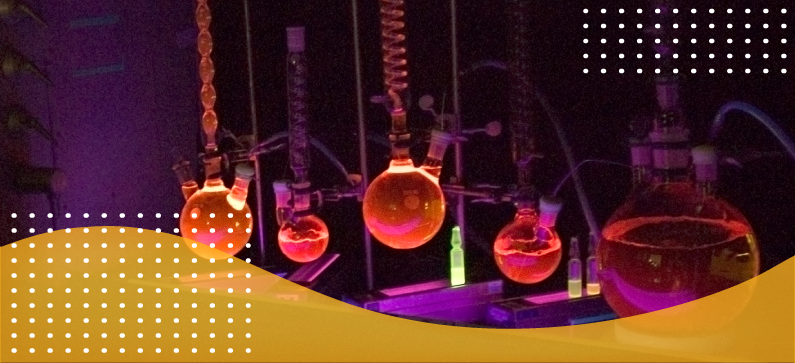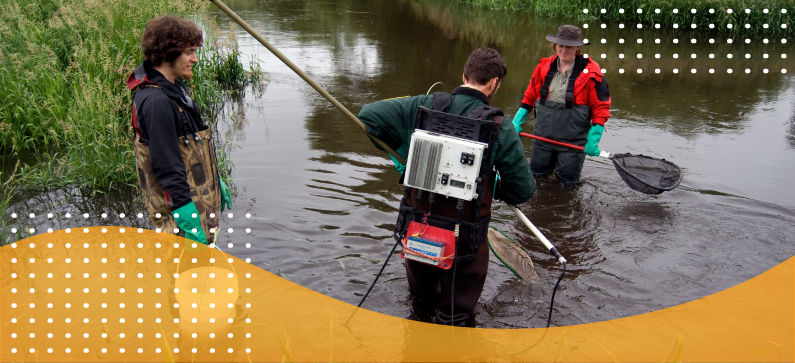Cooperativity of mutations in the stabilization of a PET-degrading enzyme
Leaf-branch compost cutinase (LCC) is a microbially-isolated cutinase enzyme able to catalyze the degradation of poly(ethylene terephthalate) (PET) into its monomers. Wild-type LCC has far greater enzymatic activity than most identified PET-degrading enzymes, showing promise in enzymatic PET recycling. However, application of this enzyme is currently limited due to its low kinetic stability at high temperatures, where access to polymer chains increase as the plastic transitions from a crystalline to amorphous structure. Tournier et. Al (2020) identified various amino acid substitutions that either increase enzymatic activity or increase thermal stability of LCC. However, the epistatic interactions of these beneficial mutations remain unexamined. For this study, several of the identified mutations were chosen (F243W, N246D, and N246M), and I hypothesize that epistatic interactions exist between these residues due to helical proximity. To begin, single and double mutant variants were produced through targeted mutagenesis and confirmed by Sanger sequencing. I am currently completing protein expression and purification of LCC variants.





